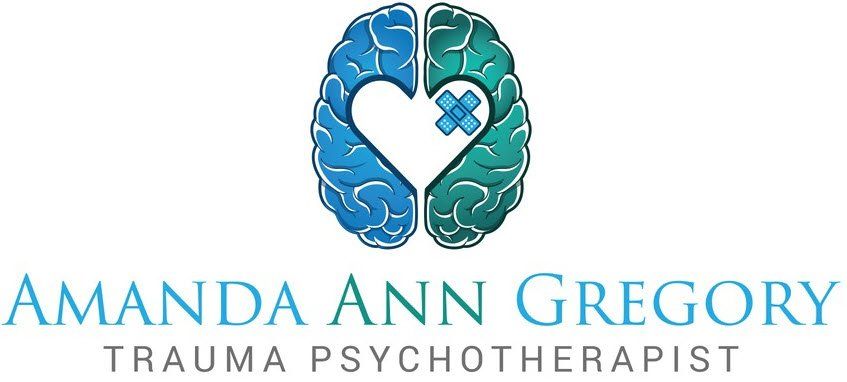Blog Layout
Alternatives to the Question “How Are You?”
“How are you?”
“I’m fine.”
“Are you really fine?”
“No, but that’s not what you want to hear.”
Do you truly want to know about someone’s well-being? If so, the question “how are you?” may not be the best option. The question “how are you?” tends to invite responses that are short, inaccurate, superficial, and polite. If that’s not want you want, then you might consider a few alternatives.
I came across a social media post from Whitney Hawkins Goodman (LMFT@sitwithwhit) titled “Questions You Can Ask Instead of “How Are You?,” and I was intrigued by how carefully considering how we phrase questions can provide opportunities for increased vulnerability in our interactions with others. Here are alternative questions to ask:
Is there anything you’d like to talk about from your day?
This question opens up the floor to discuss the actual day, but it’s more specific and inviting than the question “How are you?” This question doesn’t imply that anything is going right or wrong or that anything notable happened at all today.
What are you looking forward to?
This question can provide a lot of information about someone’s well-being. You can learn what they’re excited about, what their motivations are, and if they are struggling. They may say, “I can’t wait for this project to just be over,” “I just need to get some sleep,” or “I get to see my friends in 2 days!” This simple question can pave the way to a vulnerable discussion about how that person is functioning.
Have there been any changes to how you’re feeling?
Let’s say that you already know how this person has been feeling. Maybe they’ve told you they’ve felt depressed, anxious, stressed, happy, or excited, to name a few possibilities. This is a good follow-up question, as it shows that you were listening to them and that you’re genuinely interested. Notice how this question doesn’t imply that things need to change. You’re not asking “Do you feel better?” Sometimes, if we imply that someone should feel better or that we want them to feel better, they may not be honest with us if they do not feel better.
How can I help make your day better (or even better)?
When someone reports that they had a tough day or are struggling in any way, you can ask what you can do to help. Also, if someone’s day is going well or they are doing fine, you can ask how you can make it even better. These questions can provide you with specific information about what this person needs or about methods that are helping them that you’re already providing and of which you may be unaware. For example, they may respond, “I just need you to continue to listen as I vent.”
What have you been reading/watching/playing/listening to?
These questions open up a discussion about passions, interests, and hobbies. These types of discussions can brighten someone’s day. Imagine if someone asked you to discuss what you’re passionate about and they expressed a genuine interest in it. You might go on and on discussing the topic, which could be a perfect break in your chaotic day. This question also opens an opportunity for the person asking it to share their passions, interests and hobbies. Thus, this question is a good way to strengthen a relationship by fostering intimacy.
Instead of asking “How are you?,” try these alternatives. But, a word of caution. Make sure that you are truly interested in knowing about this person’s wellbeing. If you simply want to appear polite, then stick to asking “How are you?”
Get your Free eBook: 25 Anxiety & Trauma Coping Hacks
Amanda Ann Gregory is a trauma psychotherapist, national speaker, and author who provides specialize speaking engagements for conferences, companies, and communities. Schedule a speaking engagement
and follow on Instagram,
Facebook,
or YouTube.
Gregory, A. (2019). Alternatives to the Question “How Are You?” Symmetry Counseling blog post. Retrieved from https://www.symmetrycounseling.com/psychologist-chicago/alternatives-to-the-question-how-are-you/

By Amanda Ann Gregory
•
20 Apr, 2024
Christianity has never been the prescribed religion of the US. To state that the US is a Christian nation overlooks the rich diversity of religious beliefs and practices that exist and are celebrated in the country. These are six ways in which Christian privilege manifests in the US,
© 2024
All Rights Reserved | Amanda Ann Gregory, LCPC
Design & Consultation by Teresa Lauer, LMHC, GrowYourTherapyPractice.com *

